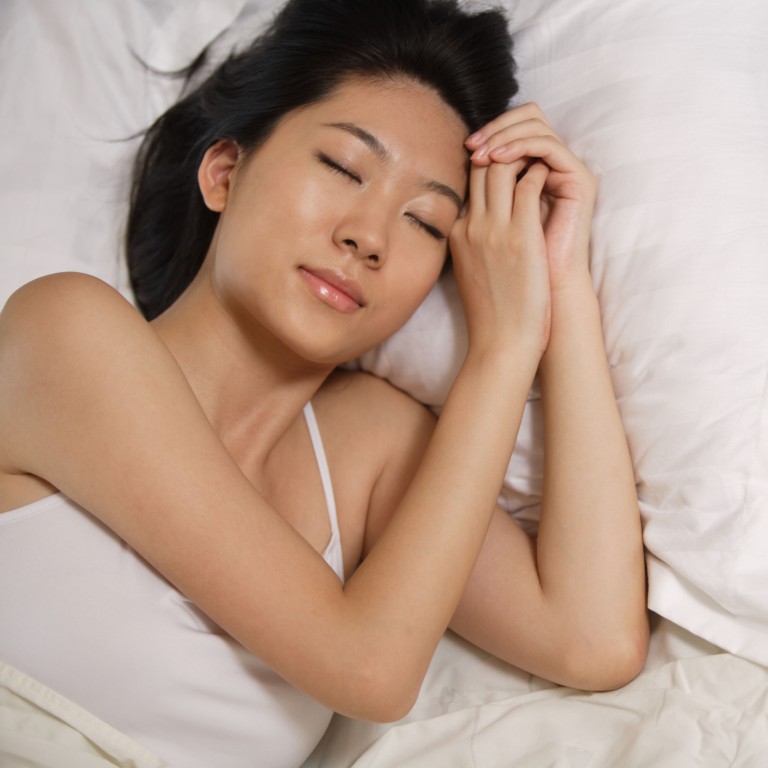
Is getting up at 4am really that good for your health? It could be in your genes
- Early risers like Dwayne Johnson and Mark Wahlberg get up early to work out, but does science back up their claims?
The testimonials from famous athletes and celebrities are pouring in: apparently getting up at 4am is life-changing, revolutionary and will make you a new person.
Apple chief executive officer Tim Cook, Dwayne “The Rock” Johnson, actor Mark Wahlberg and former US Navy Seal turned fitness instructor and motivational speaker Jocko Willink all rise before the sun, primarily for one reason: to get a workout in with little distraction.
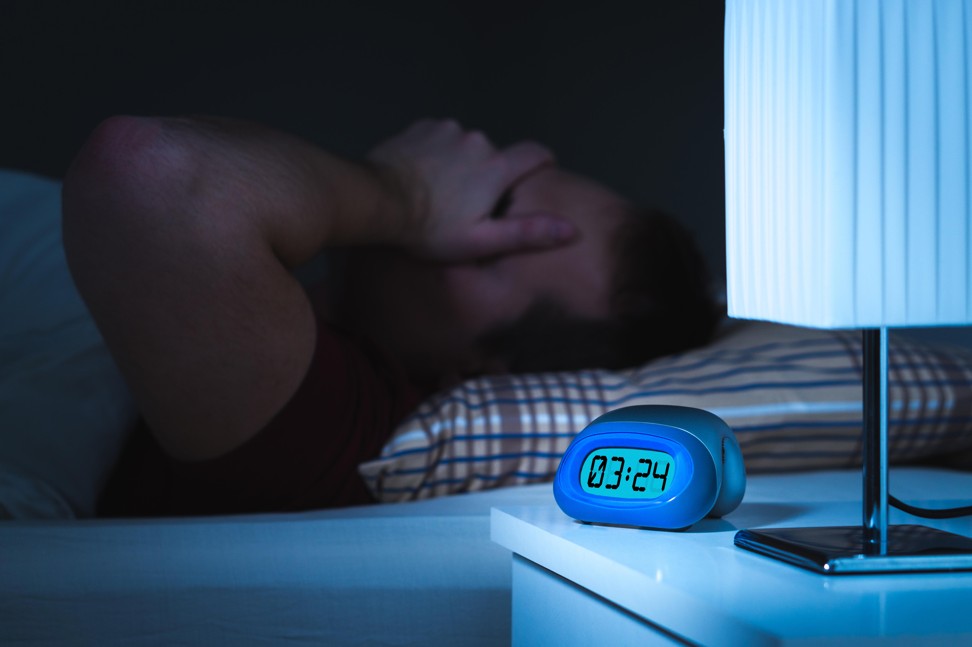
Putting the benefits of being an early riser aside (more time to be productive), it seems science and your body might not be a fan of rising before dawn. One study by the University of Westminster found that people who wake up between 5.30am and 7.30am have higher levels of the stress hormone cortisol.
Cortisol is great in specific situations when you need to be alert, but producing it simply by getting out of bed early sounds like it defeats the purpose of getting a good night’s rest.
This same study also found that early risers reported more muscle aches, cold symptoms, headaches and generally had lower moods than those who got out of bed after 7.30am.
One of the biggest benefits touted by people such as Johnson and Wahlberg is the ability to get a workout in before anyone else has even hit their snooze button.
A recent study by the University of Pittsburgh Medical Centre found the best time to work out is usually between 2pm and 6pm given that is when your muscles are most flexible and both your resting heart rate and blood pressure are low.
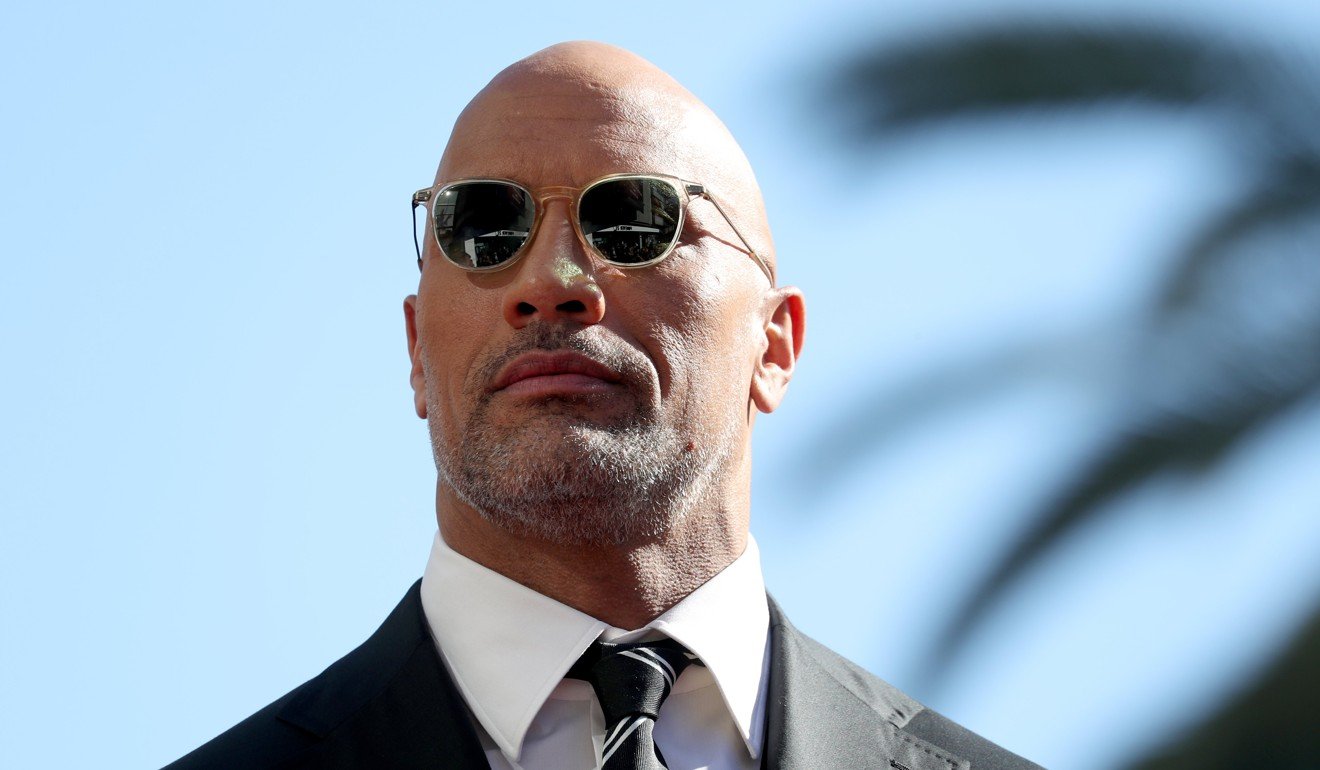
A National Sleep Foundation study in the US found that most people did not feel as if exercising early in the morning or late at night messed with their sleep patterns significantly, boiling down to a six in one half, half a dozen in the other result.
That same study did also find out that those who exercised on a daily basis and got at least eight hours of sleep, felt better than average. So if you’re getting up at 4am, this means you’re going to bed – at the very latest – at 8pm.
There’s also more recent studies that have found the usual eight hours of sleep is only borderline enough. Penn State adjunct professor and sleep researcher Dan Gartenberg states that nobody actually dozes off as soon as their head hits the pillow, and that at least 10 per cent of the time we spend trying to sleep is wasted.
So eight hours in bed is actually more like six or seven of actual sleep in reality.
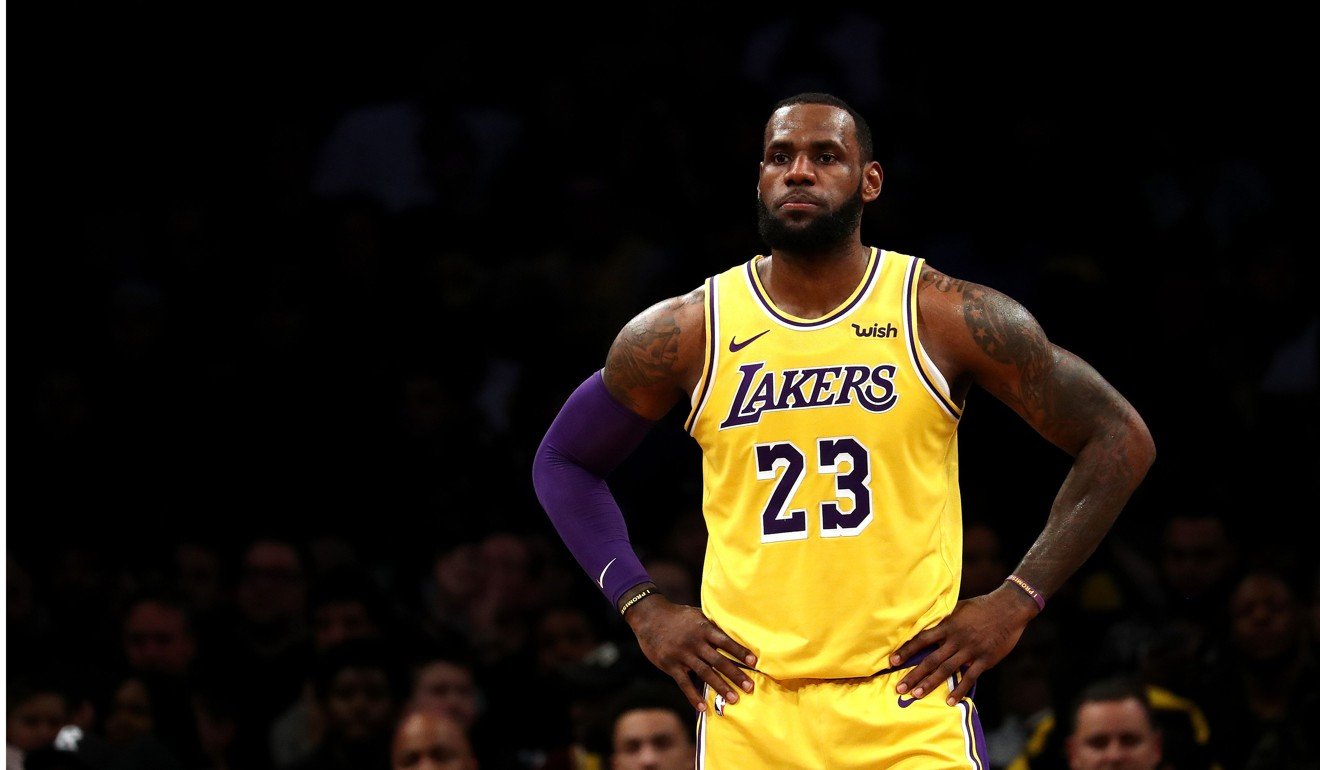
NBA generational superstar LeBron James said he regularly gets into double digits when he sleeps.
On average, people usually get about 6.8 hours, and James, who has reportedly spent millions on doctors and experts to keep his body in peak physical shape, said getting 10 to 12 hours of sleep a night is crucial to his recovery from the gruelling lifestyle of a professional athlete.
And James isn’t the only one: Roger Federer, Usain Bolt, Venus Williams, Maria Sharapova and Steve Nash have all stated they shoot for around 10 hours of sleep.
So if you’re waking at 7am, which is the average time the world gets out of bed, this means it’s lights out at 9pm.
One of the most interesting things about this whole subject is that being an early riser, or night owl, might be genetically coded into your body.
Biotechnology company 23andMe found around 15 regions of the human genome that were linked to being a morning person, which included seven regions that were associated with regulating the circadian rhythm.
The body’s internal clock is incredibly important as the circadian rhythm is essentially linked to your well-being. Having a proper sleep/wake cycle impacts everything from depression, energy levels and weight, to your metabolism and body temperature.
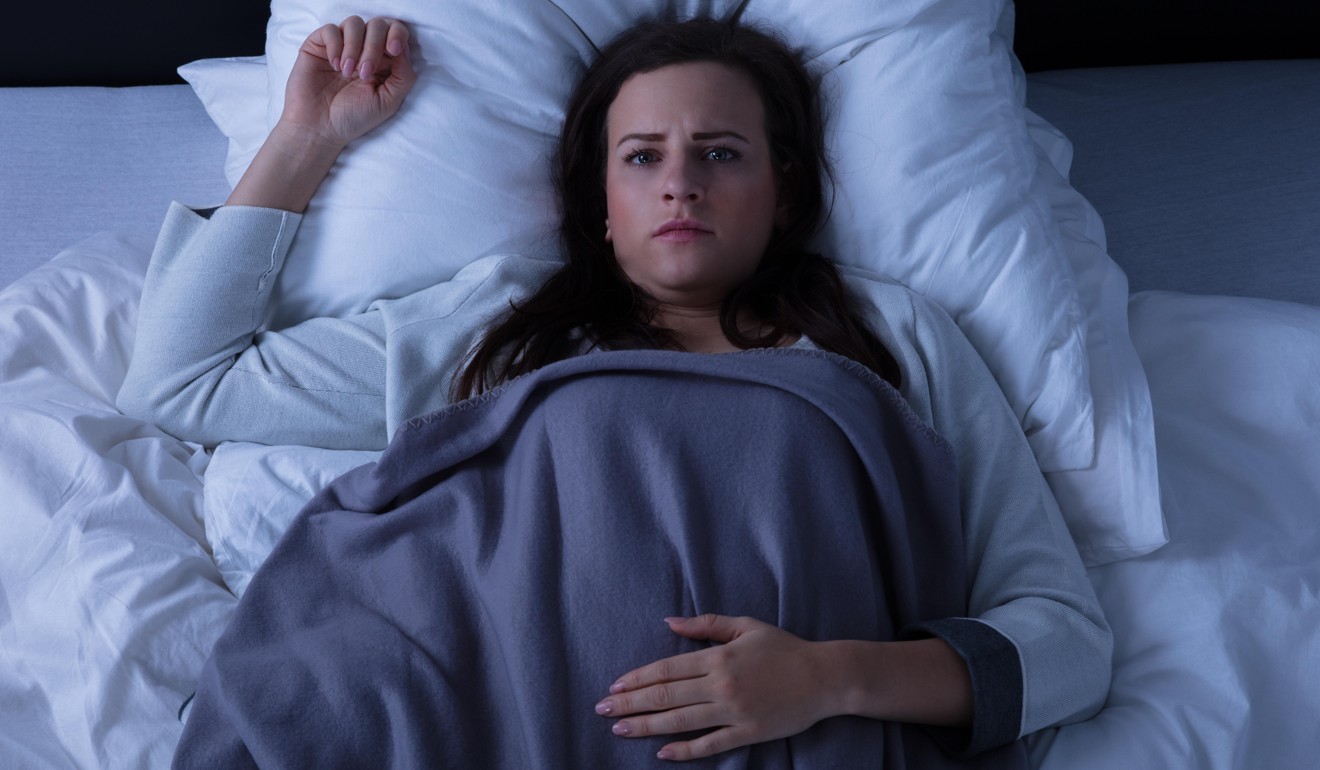
Fighting genetics is a losing battle, so if you’ve tried to be an early riser and failed numerous times, maybe it’s time to give up and realise you’re just not coded for it.

